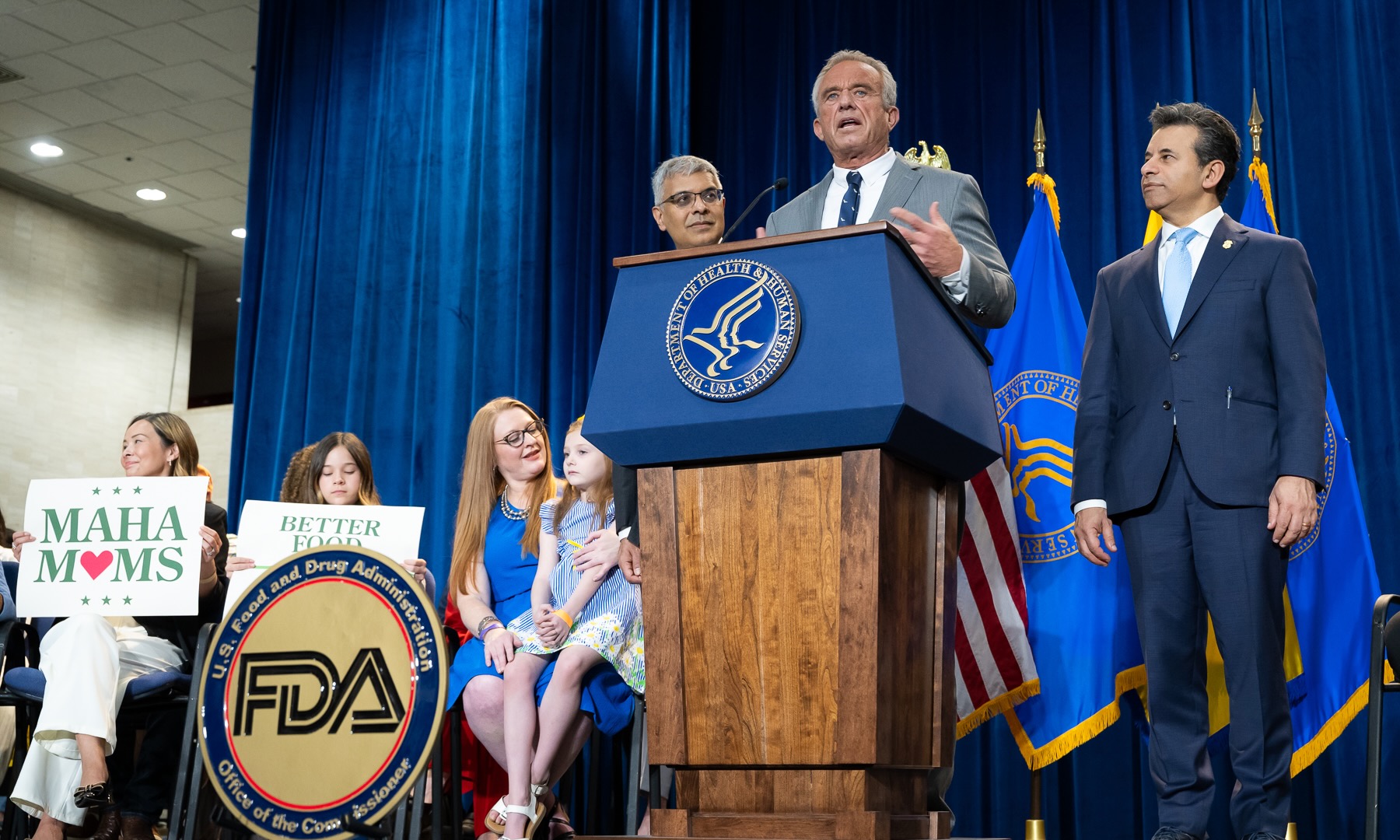Self-care is not merely a luxury or an indulgence; it represents a fundamental habit that supports mental well-being within an ever more intricate global landscape. With stressors in modern existence continually escalating—from the pressures of the digital era to financial instability and shifting social interactions—the critical role of self-care has garnered increasing scholarly and medical focus. Grasping the significance of self-care for mental health necessitates a comprehensive analysis that includes psychological, physiological, and societal viewpoints.
The Psychological Impact of Self-Care
At its core, self-care comprises intentional actions and routines that individuals undertake to nurture their emotional and psychological states. The American Psychological Association recognizes self-care as a critical factor in preventing burnout, depression, and anxiety. When individuals engage in regular self-care practices, such as journaling, therapy, meditation, or even creative pursuits, they develop cognitive resilience against negative thought patterns and emotional exhaustion.
A notable study published in the Journal of Health Psychology demonstrated that individuals who implemented structured self-care routines experienced significant reductions in perceived stress and improvement in mood regulation. For example, university students who participated in guided mindfulness practices reported higher levels of self-compassion and lower instances of academic burnout. These findings highlight how consistent self-care fosters healthier coping mechanisms and emotional stability.
The Physiological Consequences of Neglecting Self-Care
Mental health cannot be divorced from physical well-being. Chronic neglect of self-care is linked to somatic symptoms, including insomnia, fatigue, headaches, and weakened immune function. The continual activation of the body’s stress response—known as the hypothalamic-pituitary-adrenal (HPA) axis—due to the absence of restorative self-care causes cortisol levels to remain elevated. Persistent high cortisol is associated with anxiety disorders, memory impairment, and decreased cognitive performance.
In contrast, incorporating self-care practices like proper sleep, a balanced diet, and consistent physical exercise significantly impacts neurobiological processes. Studies from Harvard Medical School reveal that people who engage in mindful movement (such as yoga or tai chi) not only show reduced stress hormone levels but also display enhanced neurosynaptic plasticity, which is crucial for mental adaptability and emotional control.
Societal Factors and the Stigma Surrounding Self-Care
Cultural perspectives continue to significantly influence how self-care is perceived. In numerous settings, particularly in demanding professions or communal societies, self-care might be misinterpreted as egoism or frailty. This negative perception prevents individuals from utilizing crucial mental health support and accepting rest as normal. For example, research from the healthcare industry during the COVID-19 pandemic showed that insufficient self-care among essential workers resulted in extensive instances of compassion fatigue and mental exhaustion.
Nevertheless, companies that actively encourage {{self-care}}—through implementing flexible working hours, offering mental health days, or incorporating wellness initiatives—observe not only better employee mental well-being but also increased output and staff retention. This highlights the crucial part that social frameworks and shared perspectives have in either intensifying or reducing mental anguish.
Tailored Strategies: Not All Solutions Are Universal
Self-care is not a one-size-fits-all concept. What benefits one person might not be suitable for another, and successful self-care regimens should be customized to individual requirements, ways of life, and inherent tendencies. For instance, while outgoing people may find social engagement revitalizing, those who are introverted might gain more from quiet contemplation. Furthermore, a person’s socioeconomic standing and availability of resources significantly impact the practicality of self-care activities.
New digital platforms are starting to close certain accessibility gaps. Mobile health apps currently provide guided meditation, mood monitoring, and online therapy, allowing more people to practice daily self-care. Initial findings from the National Institutes of Health show that individuals who utilized app-based self-care programs experienced a 31 percent decrease in self-reported anxiety symptoms over a ten-week period.
The Role of Self-Care in Prevention and Recovery
Self-care serves as a dual mechanism, both preventative and restorative, within the realm of mental health. Through the implementation of consistent practices that foster psychological equilibrium, people can diminish their susceptibility to mental health emergencies and hasten their recuperation from periods of anxiety, depression, or trauma. Both cognitive-behavioral therapy and dialectical behavior therapy highlight the importance of developing self-care competencies for preventing relapses and ensuring sustained well-being.
Well-known stories about athletes, entertainers, and public figures highlight how crucial consistent self-care is for preserving their mental well-being in demanding situations. For example, documentaries focusing on Olympic athletes frequently show that organized rest periods and mindfulness practices are just as vital as their physical exercise plans. Such accounts strongly emphasize that lasting achievement, overall health, and the ability to recover are closely connected to continuous self-care.
The field of mental well-being is undergoing swift changes, reflecting the understanding that self-care is neither a luxury nor an insignificant activity. Whether implemented through minor, deliberate actions or more extensive approaches, self-care enables people to more effectively manage their inner struggles and external pressures. Both studies and personal accounts demonstrate that dedicating time to self-care establishes a consistent defense against the unpredictability of contemporary existence, providing individuals with fortitude, flexibility, and a heightened understanding of themselves. This continuous dedication forms the foundation of mental vigor, fostering development and equilibrium amidst ambiguity.




